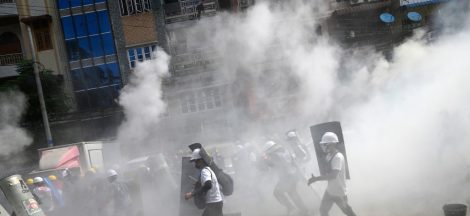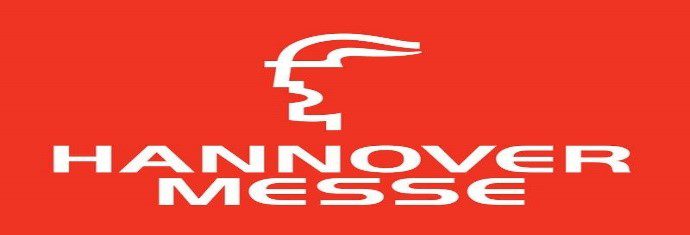Indonesia’s gaming industry bursting with untapped economic potential. Rima, 36, considers video games dangerous for her children, hence her decision to limit the amount of time they are allowed to spend gaming.

“I need to limit the playtime so that they will not become addicted to video games,” said Rima.
Vonny, a 40-year-old mother of two, voiced a similar view, saying most video games were good only for entertainment and did nothing to develop her children.
However, with each passing year, it becomes more and more likely that the perception of video games will change, as the industry shows great promise.
E-sports, a form of competitive video gaming, is growing in popularity in Indonesia. It made its debut at last year’s Asian Games in Jakarta and will have its own competition at the 2019 Southeast Asian Games in the Philippines in November.
The government is also now backing gaming. President Joko “Jokowi” Widodo pledged he would strongly support it, and various gaming competitions were introduced recently, including the President Cup, Youth National eSports Championship and 2019 IEC University Series.
Private companies, such as marketplaces Tokopedia and Blibli, sponsored recent e-sports competitions. Last October, online gaming voucher provider UniPin held an international e-sports competition with prizes totaling Rp1.4 billion (US$100,000).
A study by gaming and e-sports analytics company Newzoo estimated that the global video game market will generate $152.1 billion in revenues this year, an increase of 9.6 percent year-on-year. Furthermore, Indonesia is projected to be one of the largest gaming markets in the Asia-Pacific with estimated revenue of $941 million, almost a tenth of the government’s projected healthcare spending for 2019.
“However, most of the revenue went into other countries because most video games played in Indonesia are developed by foreign game creators,” Indonesian Gaming Association (AGI) president Cipto Adiguno said.
Data compiled by state-owned telecommunications giant Telkom show that locally made games have a mere 0.4 percent market share in Indonesia, while local gaming companies make up less than 20 percent of the domestic presence.
Local game creators, which consist of around 200 companies, were struggling to produce well-recognized games due to a lack of investment, Cipto said.
“Local developers receive an investment of around $2 million each year in total. In comparison, Arena of Valor spent US$10 million a year only for marketing in Indonesia. We are facing that kind of business,” he added.
Arena of Valor is a multiplayer online battle game developed and published by Chinese technology giant Tencent, which also produced widely popular game PlayerUnknown’s Battlegrounds (PUBG).
“Indonesia’s gaming industry has great potential to boost the economy. […] We need to develop the local industry because if we are late in doing so, we will end up as mere consumers,” Cipto warned.
Jokowi previously conveyed his vision to develop the gaming industry to boost the economy.
“According to 2017 data […] business in the gaming industry is worth Rp 11 trillion to Rp 12 trillion with annual growth of 25 percent to 30 percent,” he said during the fifth presidential debate in Jakarta in mid-April.
“Our kids now love to be gamers, so the government developed digital infrastructure, such as broadband internet, the Palapa ring and 5G.”
The Creative Economy Agency (Bekraf) worked to make good on the President’s vision by providing incentives for game development startups.
“Bekraf provides funds of around Rp50 million to Rp100 million for selected startups, some of which are game developers. We also facilitate their participation in some international gaming events such as Gamescom and Game Connection America,” Bekraf infrastructure deputy Hari Sungkari said.
Most recently, Bekraf helped send 10 local developers to Gamescom, Europe’s biggest gaming event, in Germany.
Despite the untapped potential, the gaming industry in Indonesia, and globally, is facing scrutiny from societies and administrations.
US President Donald Trump and Republican lawmakers blamed video games as the root of mass shootings in Dayton, Ohio, and El Paso, Texas, last weekend, despite a lack of evidence. At around the same time, a report by Hasan Minhaj aired on Netflix revealed that worker exploitation was rampant within the industry.
In Indonesia, the Aceh Ulema Council issued in June a religious edict stating that PUBG and similar video games were haram. The decision was made following a mass shooting at a mosque in New Zealand.
The government must improve its policies to fully support the gaming industry, said Kris Antoni Hadiputra, CEO of local game developer Toge Productions.
“We would like to have more freedom in developing our products because it is too bad that some people have restrictions on certain kinds of video games in Indonesia,” he told The Jakarta Post.
The government, Kris added, should also focus on equitable development in the digital world to ensure that the gaming industry could thrive in all parts of the country. Indonesia’s gaming industry bursting with untapped economic potential (awa, The Jakarta Post)






 Workforce Needs to Step up Game as Interest in Automation Grows
Workforce Needs to Step up Game as Interest in Automation Grows 